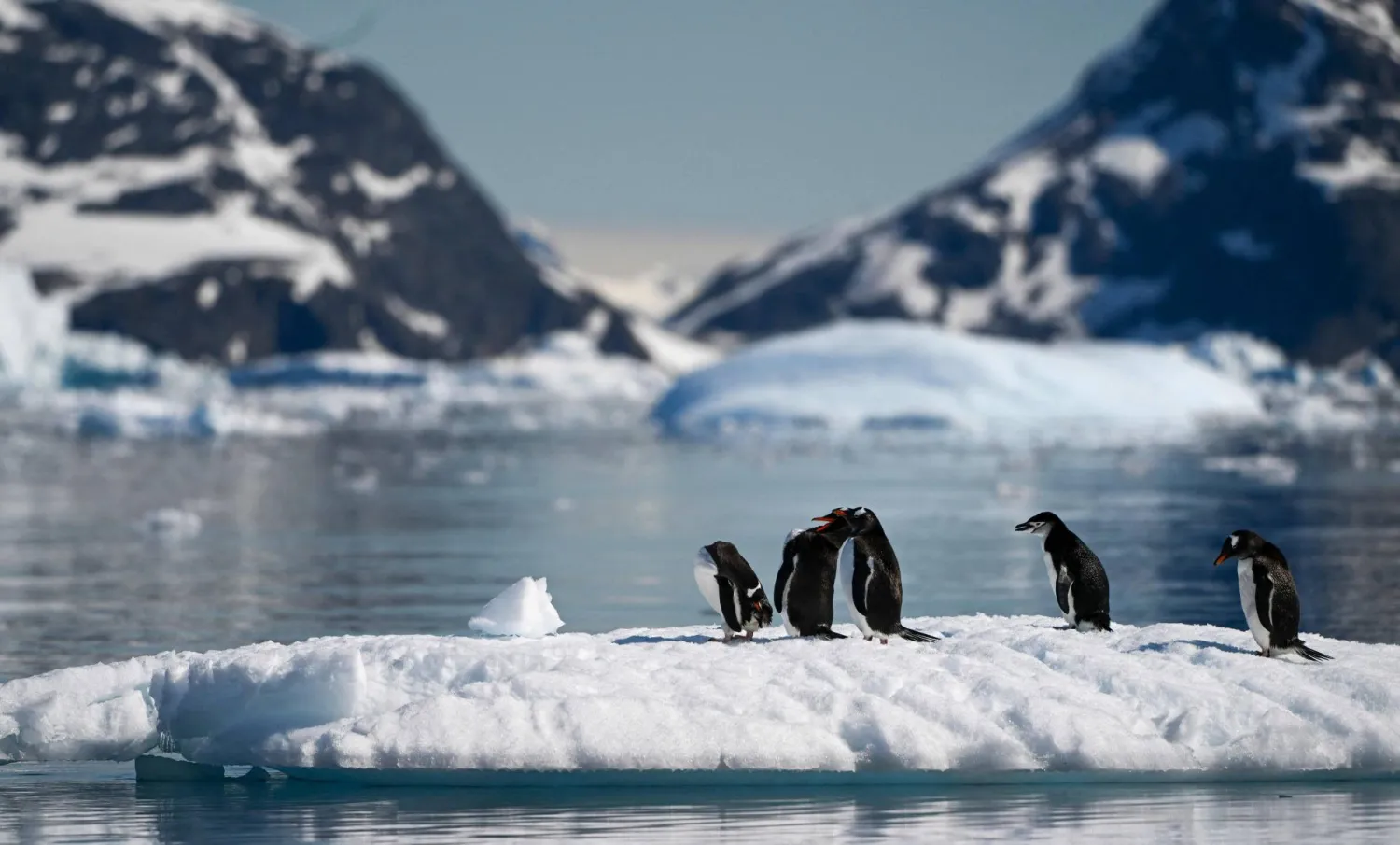The Film Commission announced in a press release that it has become a member of the Association of Film Commissioners International (AFCI), a global non-profit organization with over 360 film commissions from more than 40 countries across six continents.
According to the release, the commission's membership in AFCI contributes to boosting the national economy, developing the Saudi film industry and enhancing its local and global presence, SPA reported.
It also aligns with the ongoing efforts to place Saudi cinema on the map of global film markets, empower Saudi talents and production companies and promote the exchange of experience and knowledge with counterparts worldwide.
Established in 1975, AFCI enables film commissions and industry partners to bring successful productions to life through knowledge-sharing, skill development, and connection. It hosts world-class events and networking opportunities at major global film markets to facilitate co-productions worldwide.
Saudi Film Commission Joins AFCI to Reinforce Saudi Arabia's Position in the Global Film Industry
https://english.aawsat.com/varieties/5035664-saudi-film-commission-joins-afci-reinforce-saudi-arabias-position-global-film



Saudi Film Commission Joins AFCI to Reinforce Saudi Arabia's Position in the Global Film Industry


Saudi Film Commission Joins AFCI to Reinforce Saudi Arabia's Position in the Global Film Industry

لم تشترك بعد
انشئ حساباً خاصاً بك لتحصل على أخبار مخصصة لك ولتتمتع بخاصية حفظ المقالات وتتلقى نشراتنا البريدية المتنوعة







